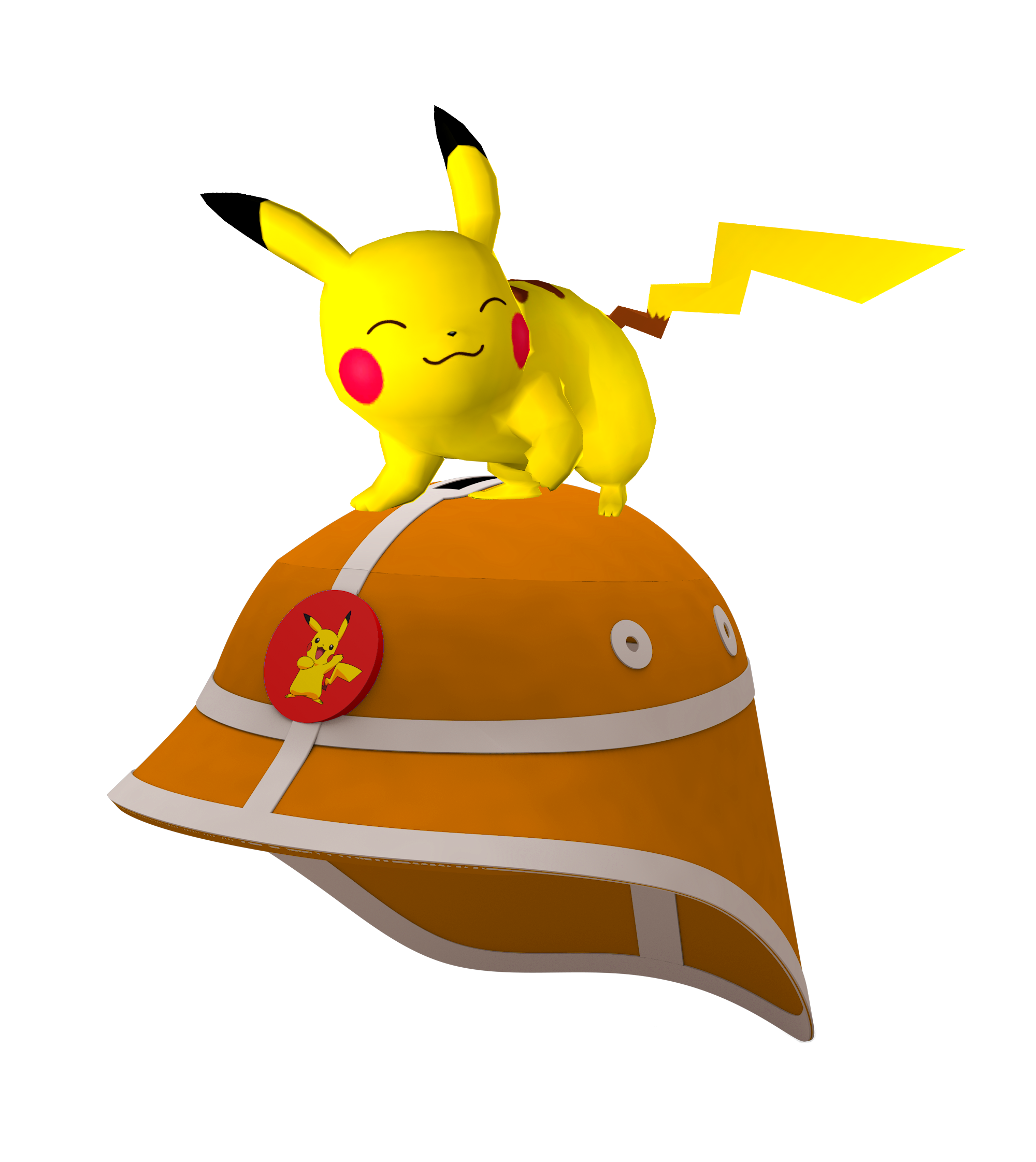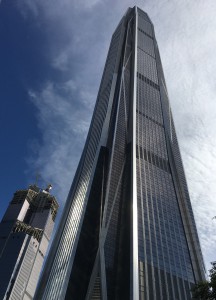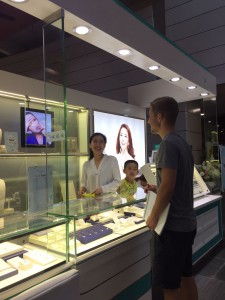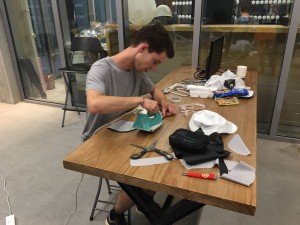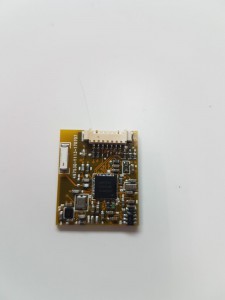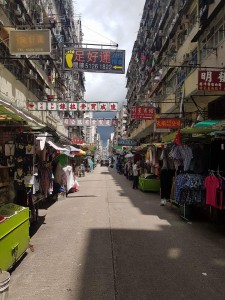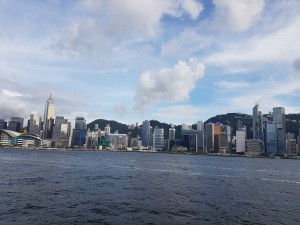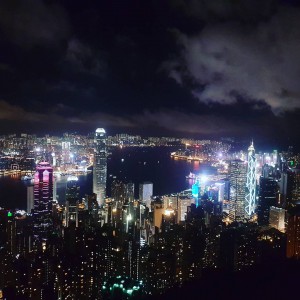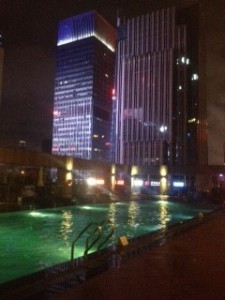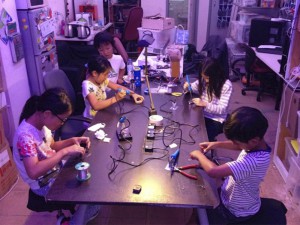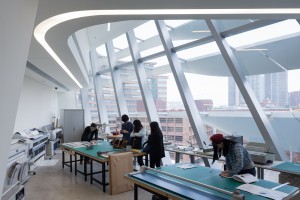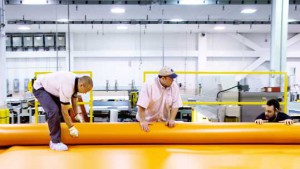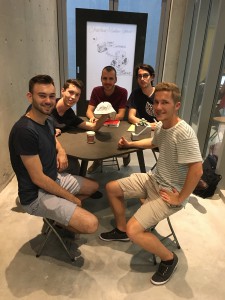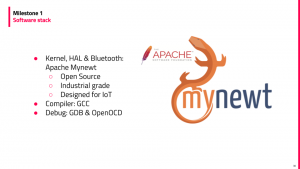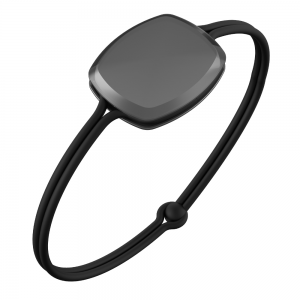Border Ecologies: News/Media
July 29, 2017
Media is defined as the means of communication used to reach a large number of people. It includes some standard means such as television and newspapers, but also some more… [...]
Media is defined as the means of communication used to reach a large number of people. It includes some standard means such as television and newspapers, but also some more actual ones like social media.
In this text, we will analyse how the news are treated both in Hong Kong and in Mainland China and point some differences between these two parts. To tighten the field of study, we decided to focus mainly on the written press. We will first analyse the structure of the press in both Hong Kong and Mainland China. Afterwards, we will choose two sensible subjects concerning at the same time Hong Kong and Mainland China and see how the newspaper talked about it.
Let’s first see the main differences between the two structures of the press in Hong Kong and China:
In China there are two main news agencies:
• The Xinhua News Agency which is the biggest and the official press agency of the People Republic of China.
• China New Service also belongs to the Chinese government. This press agency deals with continental China, as well as Hong Kong, Macao and Taiwan
The media in China are controlled by the government. Just to show the importance of the control of the information, 2 million people working in a dozen entities of the central propaganda department check continuously the media. When the subject is sensitive, the media have to follow the line given by the Xinhua, thus the line of the government.
In Hong Kong the press has historically been very free of speech as a consequence of the British occupation. This freedom is based on the Bill of Rights. Among the most read newspaper, the majority is in Chinese.
An index ranks the freedom of the press. In 2014, China has been ranked 176 out of 180 whereas Hong Kong reached the 61st place. Even if the press in Hong Kong is supposed to be totally free, they are subject to pressure from China, preventing them from saying exactly what they want.
We thus see that the main difference in the media is their liberty of speech; the main task of the press in China is to support and broadcast the ideas of the government whereas the press in Hong Kong is freer to inform the people with different points of view.
Knowing this difference of structure, we will focus on two events and see shortly how it has been tackled by the Chinese and Hong Kongese press. The first event is the death of the human rights activist Liu Xiaobo. He has been jailed in 2009 for his criticism of the Chinese regime and received the Nobel Price the next year.
In the Chinese press, no article has been written about the death of Liu Xiaobo. His name has been totally censored. By doing so, the objective is to forget who he was and what he did for China. This fact reminds the Tiananmen massacre. The picture of the standing man is among the most famous picture in the world, but cannot be seen in China.
In Hong Kong, this subject has been covered by the media, and so was it also in almost every other place around the world. They remembered his life and what he did.
We actually had the chance to see a pacifist commemoration of Liu Xiaobo in Hong Kong. Hundreds of people were walking with lights and a lot of police men were encircling them. The people around did not seem to care a lot about the manifestation as if they did not really know what it was about.
As the first case showed that a very sensible topic for China was not treated at all by the Chinese newspapers, the second case will focus on an event at the glory of the Chinese government. Therefor the choice was made on the Handover of Hong Kong.
It is interesting to see what is the narrative between Chinese and Hong Kongese press. For example, the handover of Hong Kong to China in 1997 has a very different narrative depending it is from mainland China or Hong Kong.
The mainland Chinese newspapers started to remind the scarces of the 1840 Opium War and how the CCP, Mao and Deng Xiaping lead the rebirth of China. The history told is continuous as if success has always been. The handover was a big national pride, celebrated as it must be. This event is seen as the beginning of a better future because it touches the patriotic feelings. The myth of China as a nation-family justifies the concept of “One nation two systems”. Overall, proud, hope and happiness were the main emotions.
The Hong Kongese press is marked by uncertainty and what will become the Hong Kong British inherited democratic system, human rights and the economy. Polls showed that there was scare of incident of abuse of power by the Communist Party like the ones in 1989 when the China’s Liberation Army has been sent over the protesters. Finally, the media reminded how the British occupation made Hong Kong unique.
To conclude, the press is a very sensitive topic in China as the government strictly controls the news reaching the population. The media is used in order to broadcast the idea of the main party instead of informing the population.
Hong Kong appears to be more open to talk about the sensitive news. This shows an interesting point of the “one country two systems”; even if it is supposed to be one country, there are still huge differences between both sides.
The lack of information in China raises another point. Looking at the future, the young generation becomes more and more at ease with the technology. Thanks to the VPN it is now possible to seek for information coming from abroad. Even if no precise number is claimed, it is estimated that 1 to 8% of the Chinese people use a VPN. They can potentially be curious to have information which are otherwise blocked by the government. This could raise awarness about the sensible facts hidden to the population.
Viktor and Adrien
Written by Adrien Paolini.




